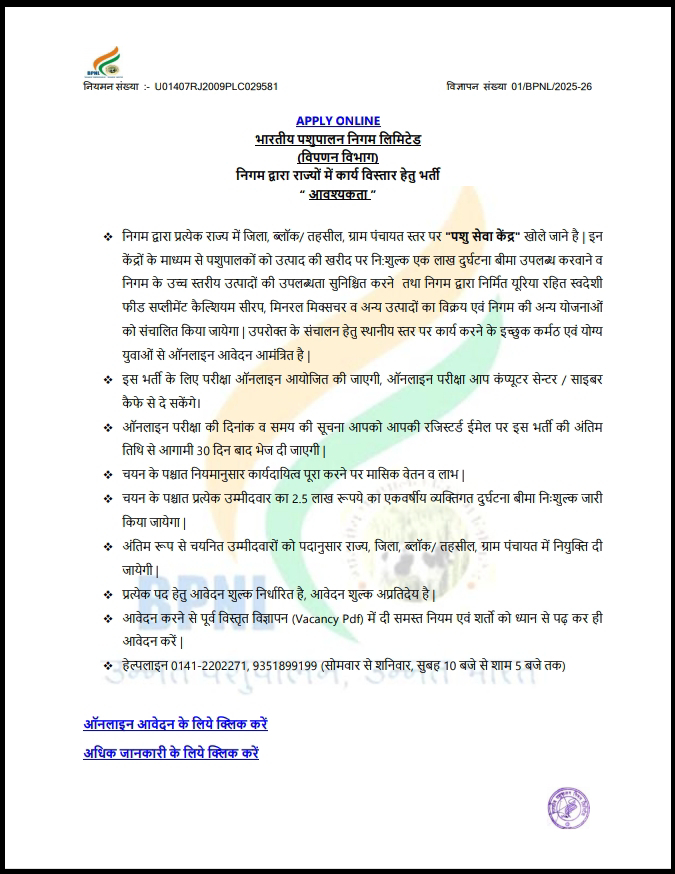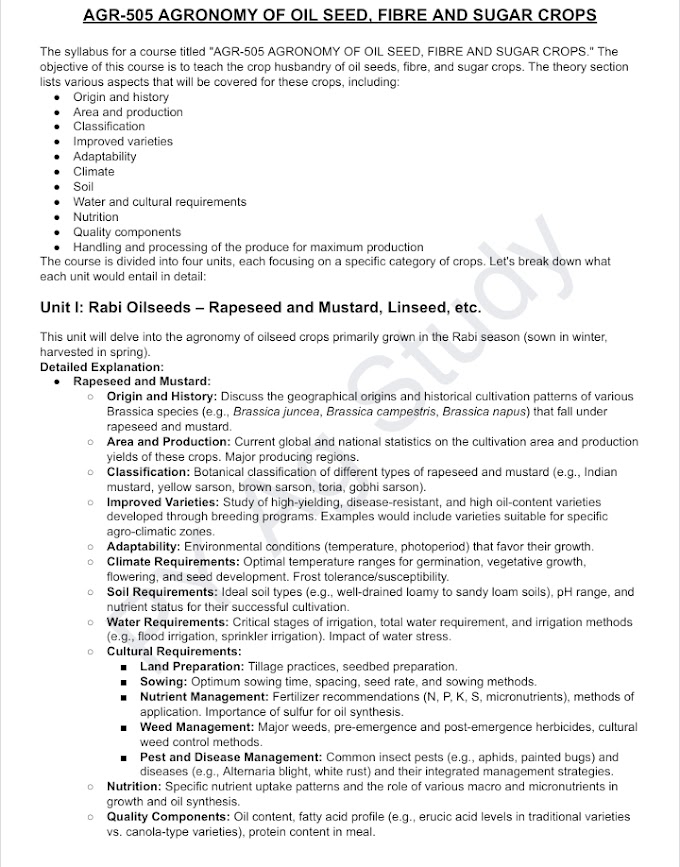Zero tillage, also known as no-till farming or direct drilling, is a method of growing crops without disturbing the soil through tillage. In this technique, seeds are directly sown into the soil without any prior plowing or cultivation. The residue from the previous crop is left on the soil surface.
Here are some advantages of zero tillage:
* Reduced soil erosion: The undisturbed soil and the presence of crop residue on the surface protect the soil from wind and water erosion. This helps in conserving valuable topsoil.
* Improved soil health: The decomposition of plant residues on the soil surface increases organic matter content, leading to improved soil structure, water retention, and nutrient cycling. It also enhances the activity of beneficial soil organisms.
* Water conservation: The mulch of crop residue reduces evaporation from the soil surface, helping to conserve soil moisture and potentially reducing the need for irrigation.
* Lower fuel and labor costs: Since plowing and multiple tillage operations are avoided, there is a significant reduction in fuel consumption and the time and labor required for land preparation.
* Carbon sequestration: Minimal soil disturbance helps in sequestering carbon in the soil, contributing to the mitigation of climate change.
* Reduced cost of cultivation: Overall, the reduced need for machinery operations, fuel, and fertilizers can lower the cost of cultivation.
* Timely planting: Zero tillage allows for faster planting as there is no need for extensive land preparation. This can be particularly beneficial in areas with short growing seasons or tight planting windows.
* Reduced weed growth: The layer of crop residue on the soil surface can suppress weed germination and growth.
* Suitability for certain cropping systems: It is particularly beneficial in cropping systems like rice-wheat in the Indo-Gangetic plains, where wheat can be planted directly after rice harvest without any tillage.
However, zero tillage also has some disadvantages:
* Increased reliance on herbicides: Since mechanical weed control through tillage is eliminated, there might be a greater dependence on herbicides for weed management. This can raise environmental concerns if not managed properly.
* Initial investment in specialized equipment: Zero tillage requires specific machinery like no-till seed drills, which can be an initial investment for farmers.
* Learning curve and management skills: Farmers may need to acquire new skills and knowledge to effectively manage a zero-tillage system, including residue management, weed control strategies, and nutrient management.
* Potential for increased pest and disease issues: In some cases, the retention of crop residues can create a favorable environment for certain pests and diseases. Integrated pest management strategies become crucial.
* Slow initial benefits: The benefits of zero tillage, such as improved soil health and water retention, may take time to become fully apparent. Farmers need patience and a long-term perspective.
* Not suitable for all soil types and crops: Zero tillage may not be suitable for all soil types, particularly heavy clay soils with poor drainage. Certain crops may also require some level of soil disturbance for optimal growth.
* Nutrient stratification: Continuous zero tillage can lead to the stratification of nutrients in the topsoil, which might affect the availability of nutrients to deeper roots over time.
In India, zero tillage has been successfully adopted in various regions, particularly in the Indo-Gangetic Plains for wheat cultivation after rice. Techniques like using the "Happy Seeder" allow for sowing wheat directly into rice residue without burning it, addressing both the benefits of zero tillage and the issue of crop residue burning. Direct-seeded rice (DSR) is another application of zero tillage in rice cultivation, eliminating the need for nurseries and transplanting.

.jpeg)






